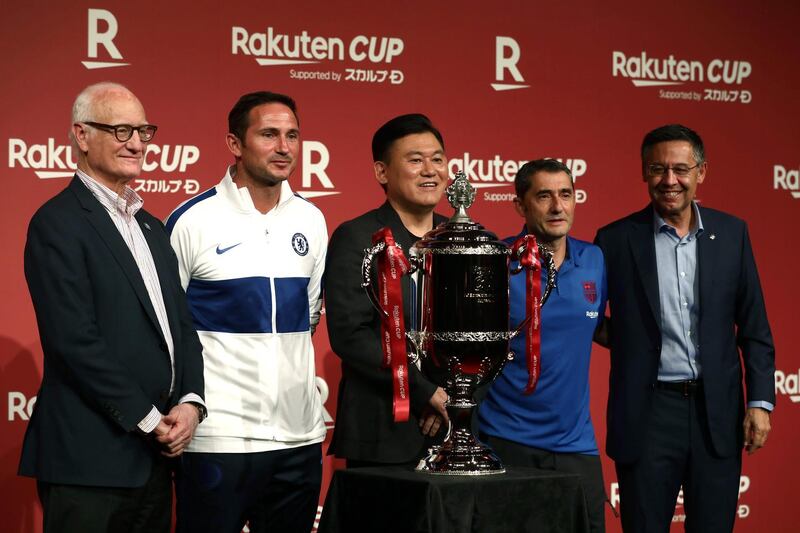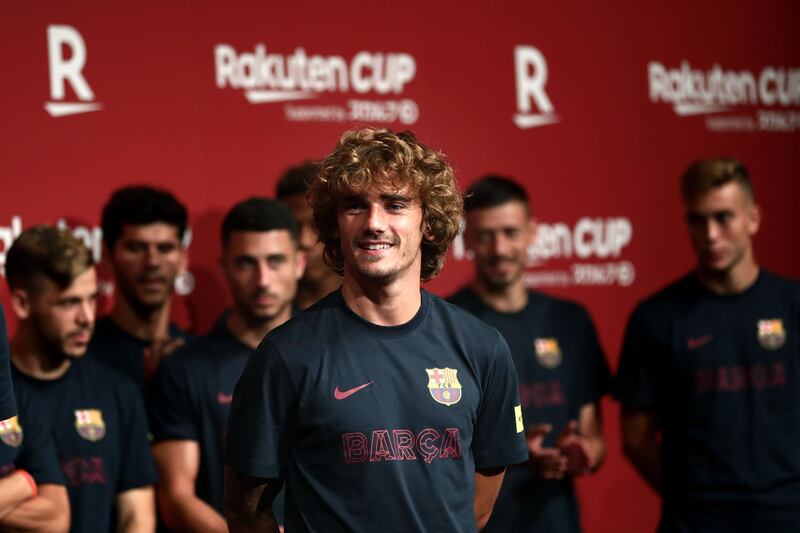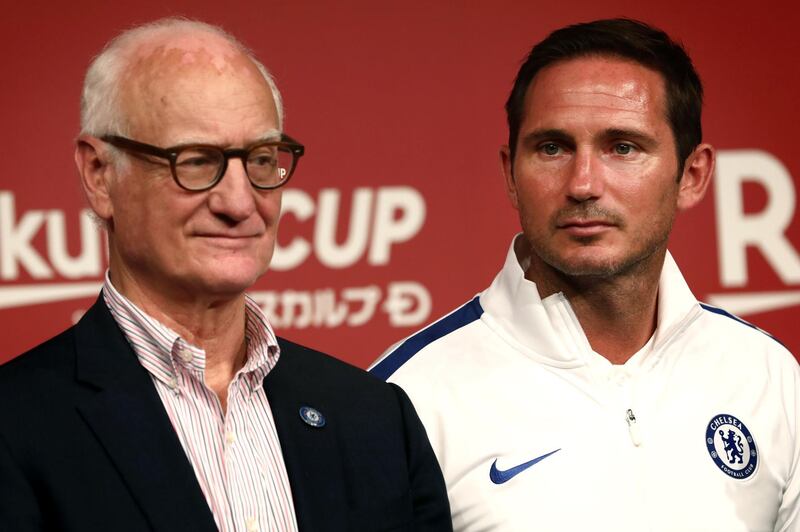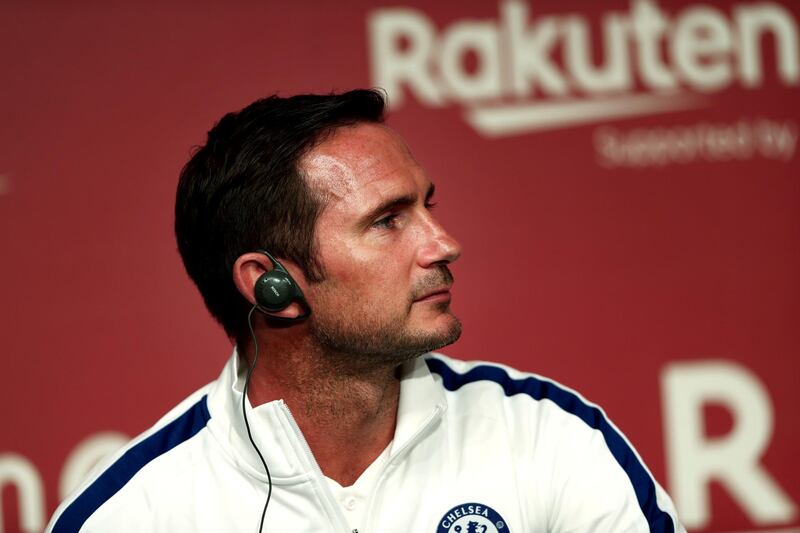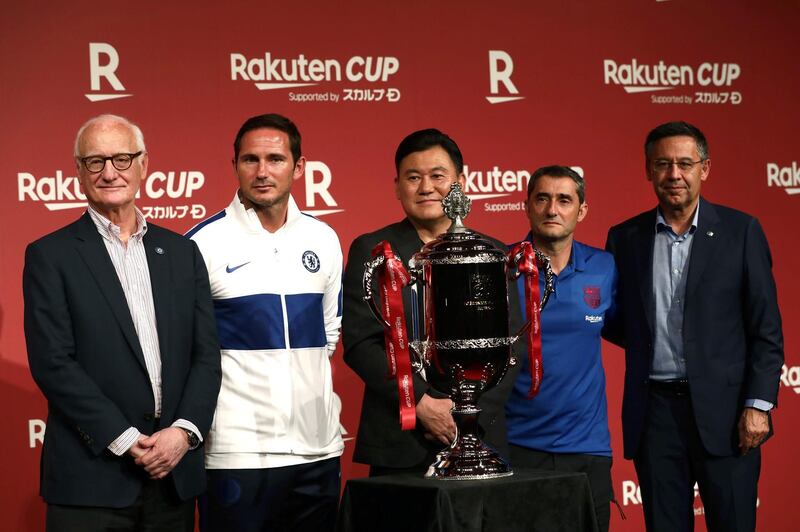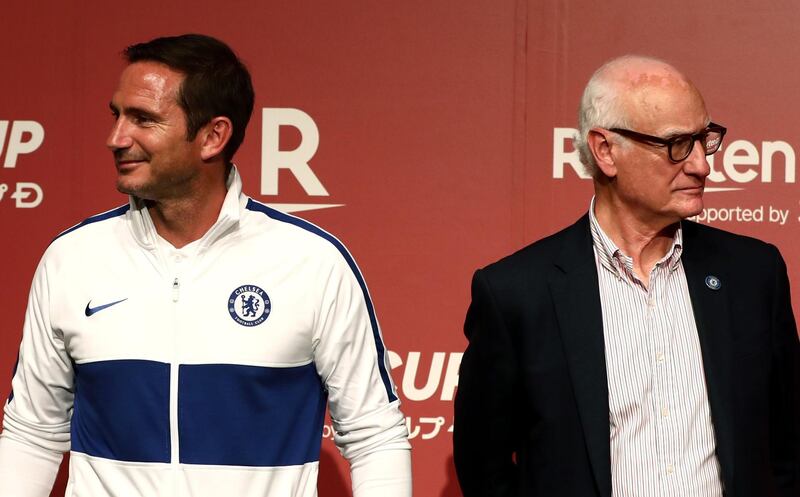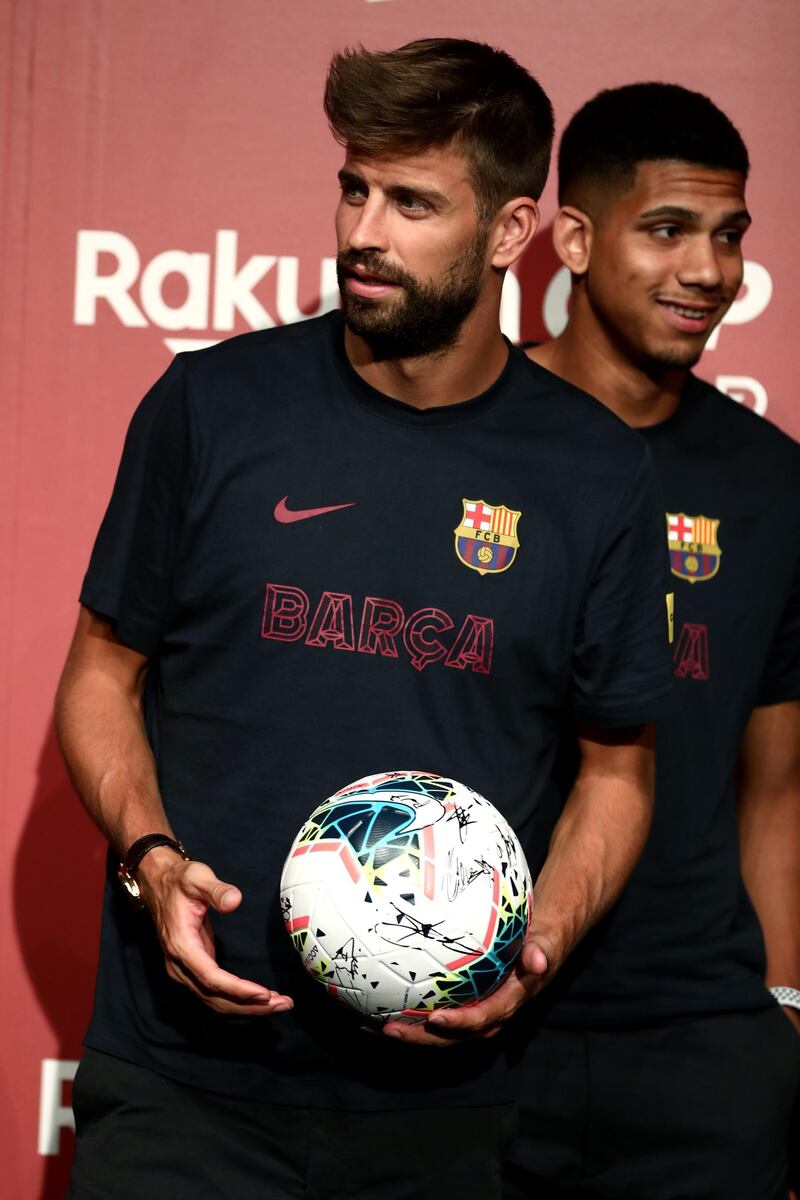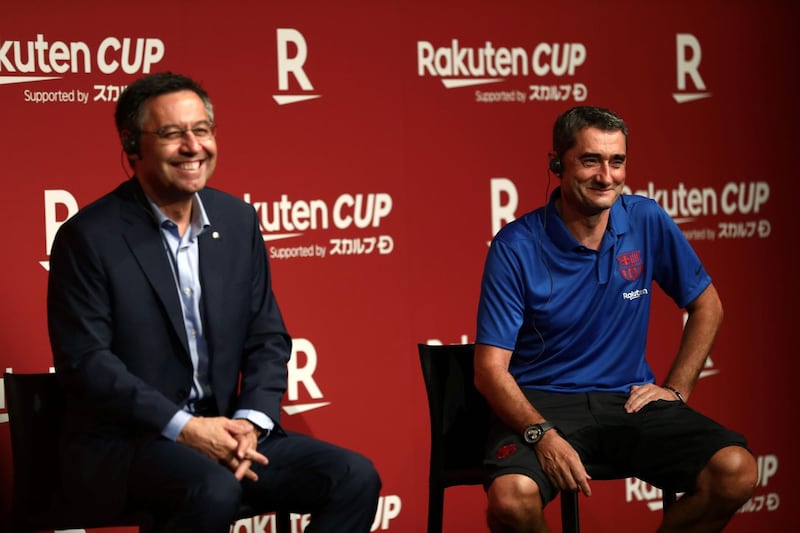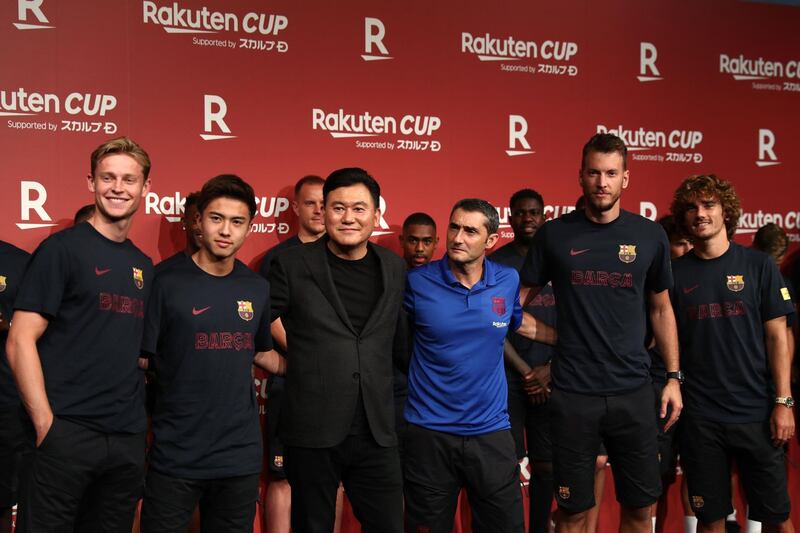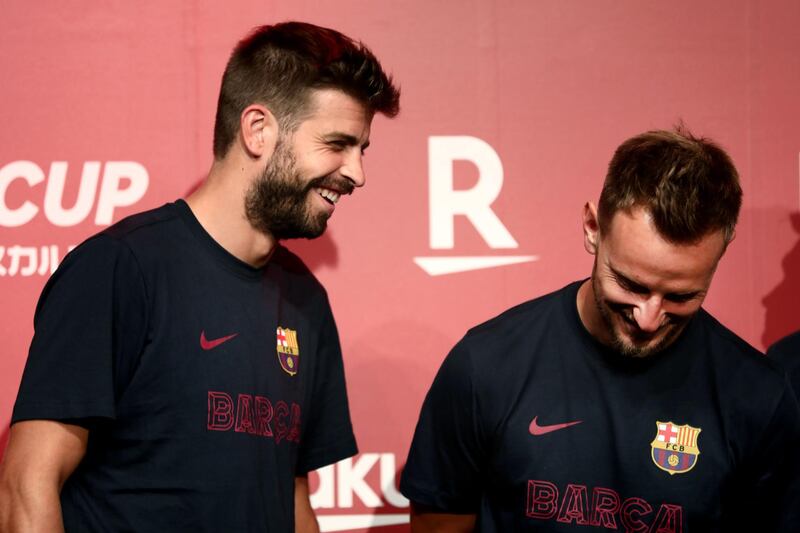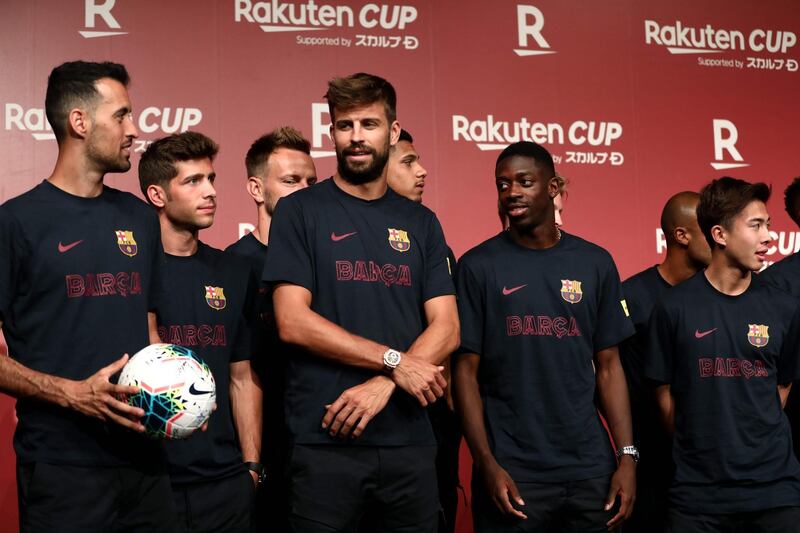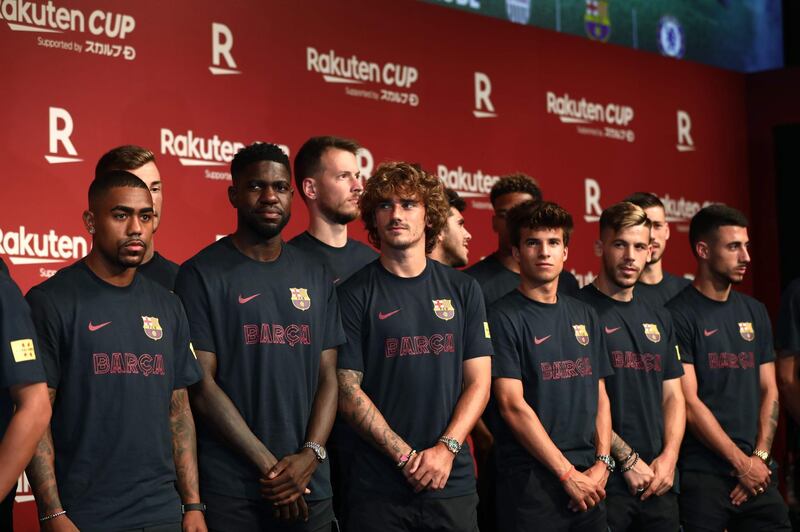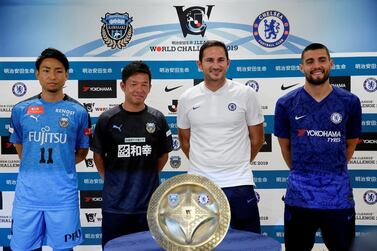“A team I have great memories of playing against,” Frank Lampard said. “Some good, some bad.” That felt an understatement. It may be truer to say some were great, some glorious, some heart-breaking, some harrowing, many unforgettable.
When Chelsea face Barcelona in Tokyo on Tuesday, it may assume little meaning. In their new manager’s playing days, however, it was very different. Theirs felt a series of epic duels, one of Europe’s era-defining rivalries, a bitter, dramatic clash of philosophies with seismic consequences.
It was a sign of how often they met that Lampard faced Barcelona more often than Crystal Palace, Leeds United or Wolves in his Chelsea career: 10 in total. It is a sign of his stature that he scored three times and they won more than they lost, three to two.
Lampard may have been beaten in his last meeting with Barcelona, a three-minute cameo at the Camp Nou as a Manchester City player, but he went undefeated in his last seven matches with Chelsea.
Yet that nevertheless included two times when Barcelona eliminated the Londoners from the Uefa Champions League; in 2006, courtesy of a first-leg win, and in 2009, controversially and on away goals. Barcelona put Chelsea out twice in four seasons when the team Jose Mourinho built was at its peak; against all odds, an ageing Chelsea progressed at the expense of a more gifted Barcelona group in 2012’s credibility-defying semi-final.
Lampard ended up captaining them to a 2-2 draw in the Camp Nou and the eventual Champions League win, deep into his 34th year, but only because of John Terry’s senseless red card. It was Lampard, minutes later, who released Ramires to score the goal that changed the context of the tie, long before Fernando Torres’ injury-time breakaway.
It was Lampard, too, who instigated the move that led to Didier Drogba’s first-leg winner. He did so by dispossessing Lionel Messi. If few can say they have outscored the Argentine, Lampard did in their encounters: Messi never scored against his Chelsea.
One of Lampard’s greatest goals, an inch-perfect chip from an acute angle, came at the Catalans’ expense. Messi has missed a penalty in this fixture, in the 2012 semi-final; Lampard has scored a 90th-minute leveller from the spot.
If Messi’s drought reflected on Chelsea’s uncompromising methods – Asier del Horno was dismissed for a wild hack on the future great in 2006 – it also showed that they were better equipped to halt Barcelona than virtually anyone else. There was a case for calling them Europe’s best attacking and defensive team respectively. After 2008, Manchester United could not rival Chelsea for resistance to Barcelona, or for fractiousness.
Mourinho made his meetings with his former employers bad-tempered. He alleged Frank Rijkaard entered referee Anders Frisk’s dressing room at half-time in 2005, before Drogba’s red card. The Swedish official retired after the furore while the chairman of Uefa’s referees committee then branded Mourinho an “enemy of football”.
Four years later, Drogba was banned for an expletive-laden rant at referee Tom Henning Ovrebo after Chelsea were denied two penalties. Yet Andres Iniesta’s injury-time equaliser feels a pivotal goal in footballing history, permitting Barcelona to conquer Europe in Pep Guardiola’s first season in charge. Their passing ethos became the dominant one, replacing Mourinho’s more cautious, attritional blueprint.
Yet it was only first Mourinho – with Inter in 2010 – and then Chelsea, led by Lampard, who prevented Guardiola’s Barcelona from winning the Champions League. And if 2019 brought two astonishing Champions League semi-finals, they also served as a reminder of the improbable antics of 2012. Such memories do not fade, and not just for Lampard.
